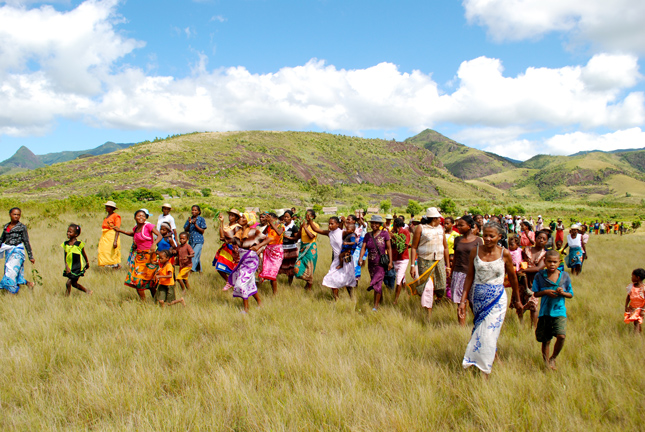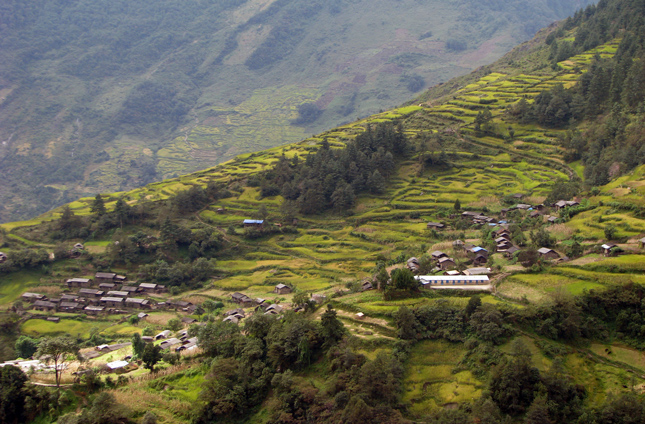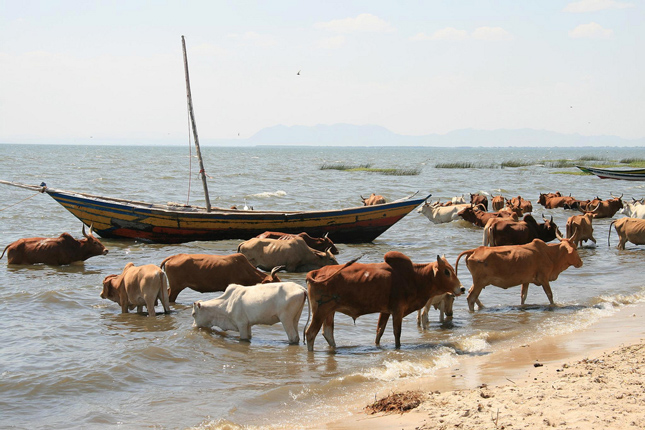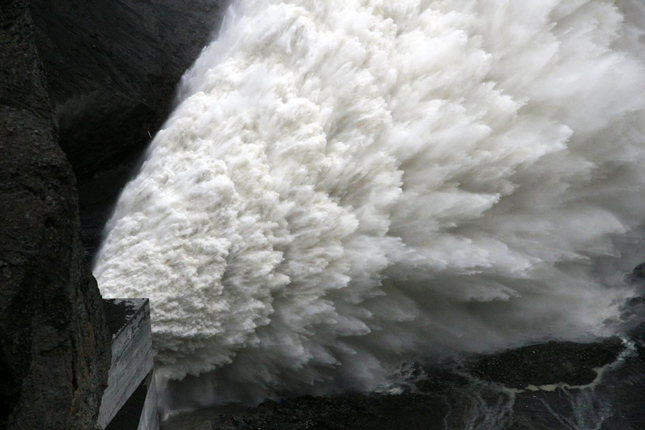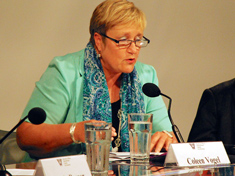-
While China Waits on Shale Gas, Soaring Energy Demands Create Regional Tensions
›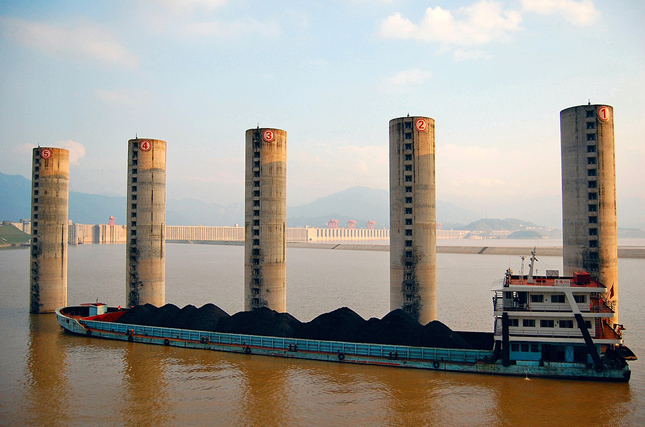
China’s energy investments are on the move, touching nearly every region of the globe from coal and liquefied natural gas imports from Australia to a recent natural gas agreement with Russia and expanded oil drilling in the South China Sea. [Video Below]
-
New Network Links Madagascar’s Environment and Health Sectors
›
As the international community seeks to articulate a collective vision for sustainable development following the Millennium Development Goals, a vibrant new network has emerged in Madagascar to advance integrated population, health and environment (PHE) initiatives across this island nation.
-
High Poverty: Medicinal Plants Offer Way Forward for Nepal’s Mountain Communities
›
In a tiny village called Chepuwa in the Sankhuwasabha district of Nepal, high in the Himalayas and almost four days’ trek from the nearest road, Mikmar Bhote has been growing and selling medicinal and aromatic plants for five years.
-
Not All Security Questions Have Military Answers, Says Sharon Burke
›
The U.S. military has historically relied on its capacity for technological innovation to respond to new risks and crises. But, as Sharon Burke explains in this week’s podcast, the Pentagon has had to invent a new role for itself in response to a changing world.
-
Paola Adriázola and Stephan Wolters, ECC Platform
Investing in Collaboration to Manage Natural Resource Conflict
›September 25, 2014 // By Wilson Center Staff
Conflict over environmental resources endangers rural people’s livelihoods and can increase the risk of broader social conflict. Yet joint action to sustain shared resources can also be a powerful means for community building. The Strengthening Aquatic Resource Governance (STARGO) project demonstrated this in three ecoregions: Lake Victoria, with a focus on Uganda; Lake Kariba, with a focus on Zambia; and Tonle Sap Lake in Cambodia. The results of the project were released at an event in Berlin in early July 2014.
-
Infographic: The Rise of U.S.-China Agricultural Trade
›China faces a dilemma. It is home to 20 percent of the world’s population but only seven percent of the world’s water resources and nine percent of the world’s arable land. At the same time, a rising middle class is demanding more food. Over the last 30 years, China’s meat demand has quadrupled.
-
Hydro-Diplomacy Can Build Peace Over Shared Waters, But Needs More Support
›
From Ukraine and the Middle East to sub-Saharan Africa and East Asia, the world is engulfed in a series of significant international crises. But despite such urgent issues, it would be a grave mistake to forget about the structural foreign policy challenges – such as access to water – that could become the crises of the future.
-
Beyond Scarcity: Coleen Vogel on Reframing Water Security
›
What exactly is meant by “water security?” Different conceptualizations of the problem can lead to different, possibly misguided, solutions, says Coleen Vogel in this week’s podcast. Vogel, professor at the University of Pretoria and a lead author of the IPCC’s 4th and 5th assessment reports, calls for reframing the water security discourse in three key ways.
Showing posts from category natural resources.


